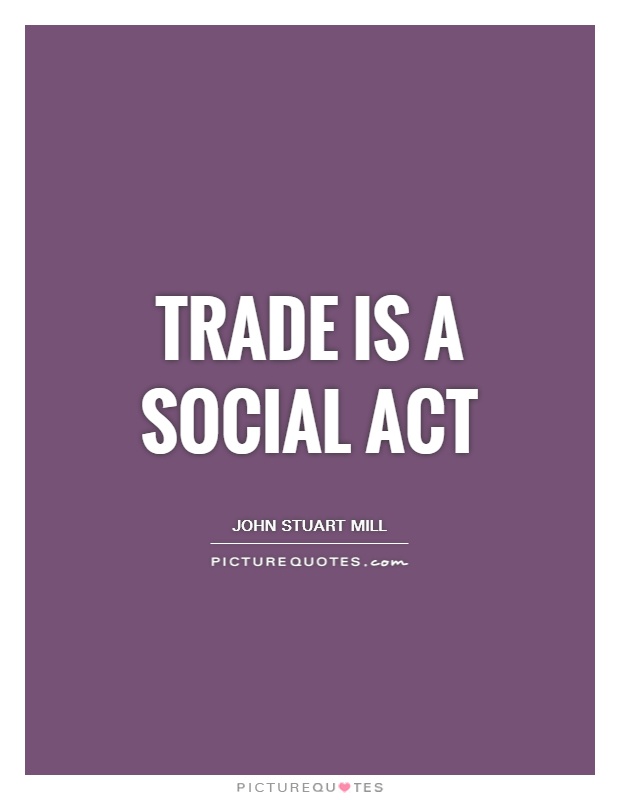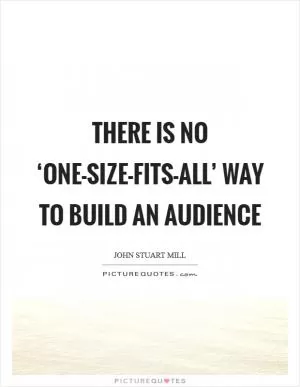Trade is a social act

Trade is a social act
John Stuart Mill, a prominent 19th-century philosopher and economist, believed that trade is a social act that plays a crucial role in shaping society and promoting human well-being. In his seminal work, "Principles of Political Economy," Mill argued that trade is not just a transaction between individuals or nations, but a complex social phenomenon that has far-reaching implications for the economy, politics, and culture.According to Mill, trade is a social act because it involves the exchange of goods and services between individuals or groups who have different needs, preferences, and resources. Through trade, people can satisfy their wants and desires by exchanging surplus goods or services with others who have what they need. This process of mutual exchange creates interdependence and cooperation among individuals, leading to the development of social bonds and networks that form the basis of society.
Moreover, Mill believed that trade is a powerful force for promoting economic growth and prosperity. By allowing individuals and nations to specialize in the production of goods and services in which they have a comparative advantage, trade enables them to increase their productivity and efficiency, leading to higher levels of output and income. This, in turn, creates opportunities for innovation, investment, and job creation, driving economic development and improving living standards for all members of society.












 Friendship Quotes
Friendship Quotes Love Quotes
Love Quotes Life Quotes
Life Quotes Funny Quotes
Funny Quotes Motivational Quotes
Motivational Quotes Inspirational Quotes
Inspirational Quotes